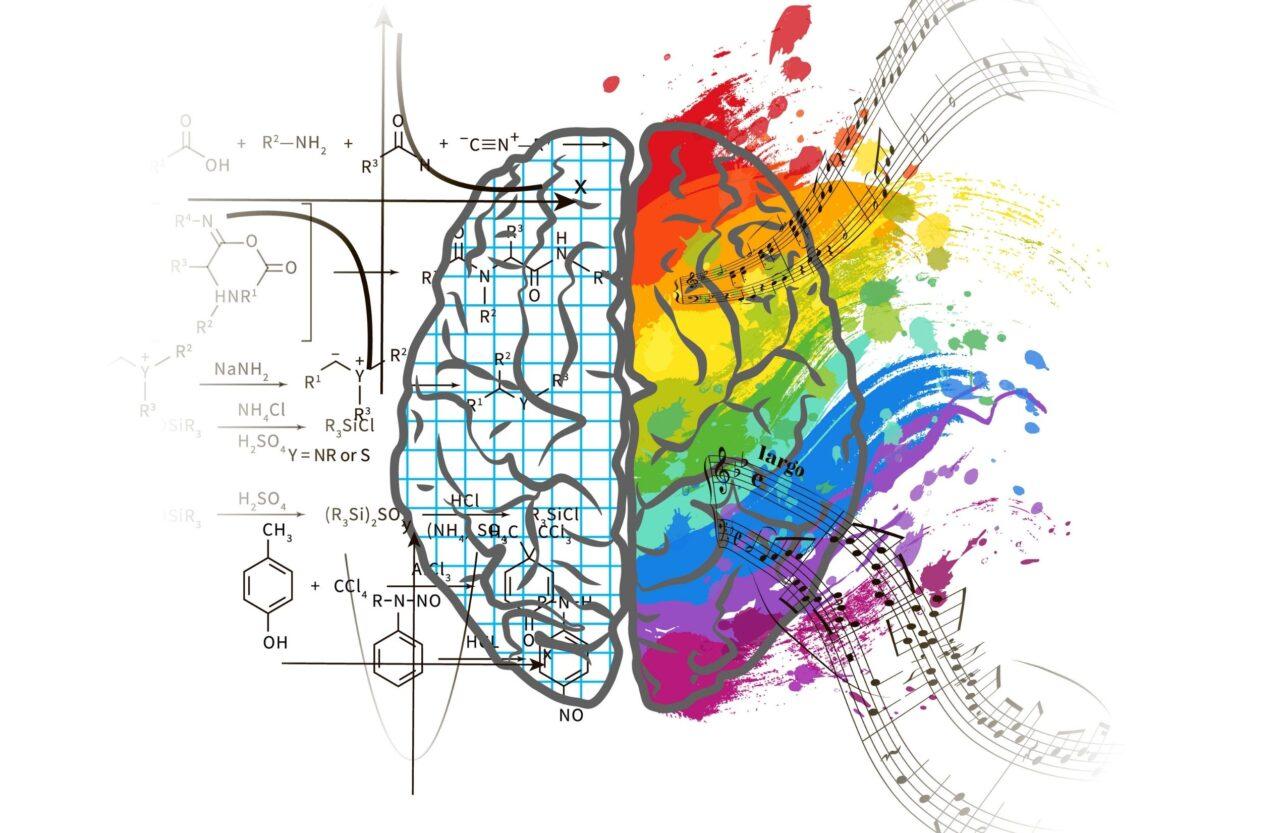This article is the second part of a series on Understanding Addiction, adapted from Bradford Medical Director Dr. Mike Wilkerson’s presentation. Click here for part one: Understanding Addiction as a Disease.
In the first article of this series, we learned that addiction is not a controllable choice as some may believe but is considered a disease because of the abnormalities it causes in the brain. What are these abnormalities? Read on to learn how drugs and alcohol cause the brain to be neurologically “broken.”
The Parts of the Brain Affected by Addiction
The two parts of the brain that are most affected by the disease of addiction are the primitive, or reptilian, brain, and the cortex, or neomammalian brain.
Reptilian Brain (Primitive)
Serving as the command center for living, the reptilian brain comprises the brain stem and the basal ganglia. This part of the brain controls all autonomic processes, meaning it is not under conscious control.
Addiction specialists have found that people in active addiction experience abnormalities in the reptilian brain. These irregularities result from a drug or alcohol establishing itself as a “need” in one’s brain. For an addicted person, the abused substance becomes just as important to this part of the brain as food, water, and sleep.
The Cortex (Neomammalian)
Addiction also affects the brain’s cortex. This part of the brain houses critical thinking abilities and personality. People in addiction often lose control of many of the functions performed by the cortex. However, recovery can help rebuild the cortex and restore decision-making abilities.
How Does Addiction Affect Brain Functions?
Now that we know the parts of the brain that are affected let’s cover how the brain functions differently in addiction.
Our brains give us a dose of a “feel good” chemical, dopamine when we do certain activities, such as eat or exercise. This reward pathway system provides pleasure to create habits that contribute to our survival.
Dopamine is released in different doses, depending on what kind of activity a person performs. The amount also varies by individual, which results in people having different interests or tastes. For most people, dopamine release cuts off after reaching a certain level. An abnormal amount, whether higher or lower, can lead to issues.
The brain has transmitters that act as a bridge for dopamine to “drive” across. When a person abuses drugs or alcohol, they create holes in this bridge, making it difficult for dopamine to travel. The brain then needs the substance to patch these holes, further disrupting the flow of dopamine.
With some substances, the brain believes the drug is actually dopamine and will actually allow it to attach to neurons. Other substances allow an excessive amount of dopamine to cross the bridge, requiring more and more dopamine to reach the feeling of normal levels. The brain then cannot produce enough dopamine naturally, forcing a relentless cycle of cravings that require substance use to “catch up.”
How Does a Person Become Addicted?
In many instances, a person could spend years using a substance without becoming addicted. For others, addiction could occur after only a few uses. Why is this so?
Each person has their own internal switch for becoming addicted. This switch serves as the point where a substance becomes a “need,” or when the brain begins to believe it is required for survival. This point varies for each person based on the drug, their genetic predisposition, and their environment.
People with a biological predisposition to addiction will have their switch “flipped” well before someone who does not. Unfortunately, there is not yet a simple diagnostic or genetic test that can definitively tell a person they could become an addict. However, there are indicators such as family history and social environment that may indicate addiction vulnerability. Knowing there is even a potential predisposition to addiction can help a person be more aware of their choices and habits.
What is broken is not lost. Recovery is a healing process for mending the emotional, spiritual, and physical damage of addiction. Find your path to recovery with Bradford’s proven treatment programs. Help is available 24/7 via Live Chat or by calling 888-SOBER-40.



